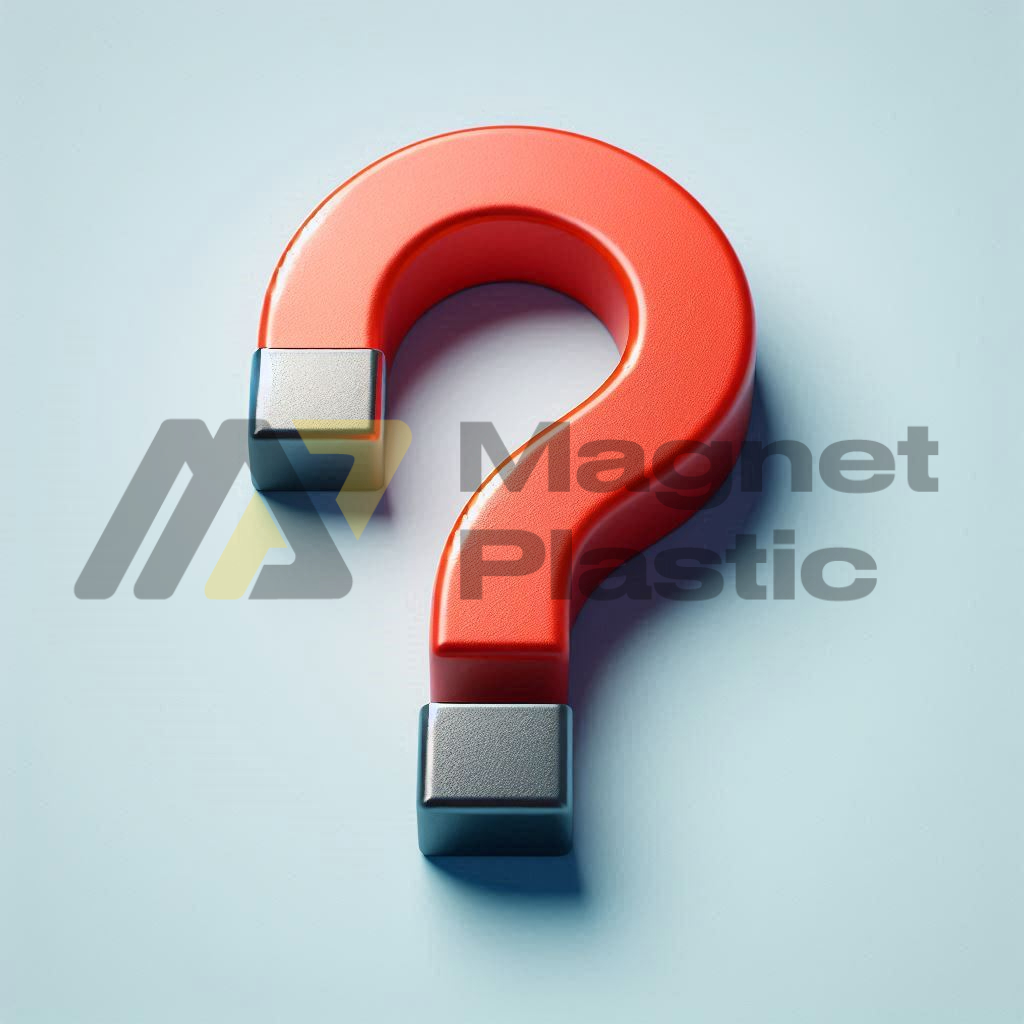Challenges in Magnet Design and Manufacturing
Designing and manufacturing magnets involve a series of technical and practical challenges that must be addressed to ensure these components meet the necessary specifications for a wide range of industrial, medical, technological, and scientific applications. Below are some of the main challenges in this field.
Material Selection
One of the first and most significant challenges in magnet design and manufacturing is material selection. Neodymium magnets, for example, are highly valued for their strong magnetic force but rely on rare earth elements, which are expensive and have a limited supply. On the other hand, ferrite magnets are more economical but offer lower magnetic strength. Balancing cost, material availability, and performance is an ongoing task for manufacturers.
Magnetic Properties and Thermal Stability
Magnetic properties of magnets can be sensitive to temperature changes. Neodymium magnets may lose their magnetism at high temperatures, while alnico magnets, although having greater thermal stability, are not as powerful. Designing magnets that maintain their performance under different thermal conditions is crucial, especially in industrial and technological applications where temperature variations are significant.
Production Processes
Magnet manufacturing includes several technical processes that require precise control. Sintering, which involves forming solid materials from powders through heat and pressure, and coating, which protects magnets from corrosion and wear, are critical stages. Sintering must be performed under strictly controlled conditions to ensure the density and uniformity of the magnet, while coatings must be durable and resistant to the operating environments of the magnet.
Complex Geometries and Dimensionality
Manufacturing magnets in specific shapes and sizes to fit precision devices and machinery is a considerable technical challenge. Creating magnets with complex geometries without compromising their magnetic properties requires advanced manufacturing techniques and precision machinery, as well as a deep understanding of how shapes affect the magnetic field.
Consistency and Quality Control
Maintaining consistency in magnet production is another important challenge. Even small variations in the manufacturing process can result in significant differences in the magnetic properties of the final product. Therefore, implementing rigorous quality control throughout the production process, from material selection to the finished product, is essential.
Sustainability and Recycling
Sustainability is an increasing concern in magnet manufacturing, especially for those using rare and costly materials like neodymium. Developing effective recycling methods to recover these materials from discarded magnets is crucial for reducing environmental impact and ensuring a sustainable supply. However, magnet recycling presents its own technical challenges, such as material separation and re-sintering.
Innovation in Materials and Techniques
The ongoing need for innovation in magnet design and manufacturing drives the development of new materials and production techniques. Research into advanced magnetic materials, such as samarium-cobalt magnets and improvements in ferrite magnets, aims to overcome the limitations of current magnets. These developments require significant investments in research and adaptation of new technologies to existing manufacturing processes.
Conclusion
The field of magnet design and manufacturing faces numerous technical and practical challenges. Overcoming these obstacles is essential for producing magnets that meet the demands of various industrial and technological applications. Through continuous innovation and process improvement, magnet manufacturers can ensure the quality, sustainability, and performance of their products in a constantly evolving market. Addressing these challenges in magnet design and manufacturing is fundamental to advancing the technologies and applications that depend on them.
